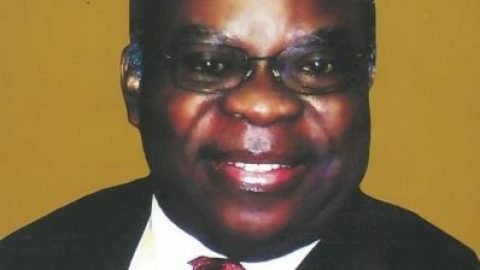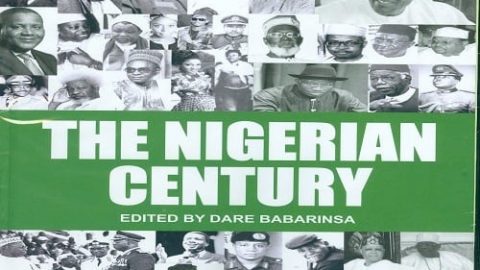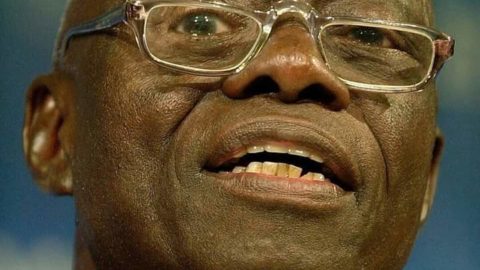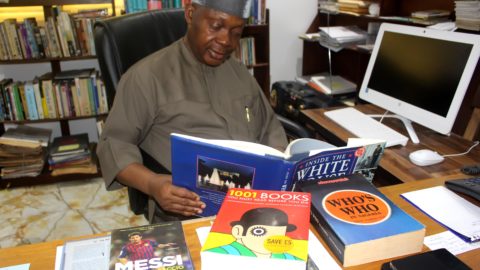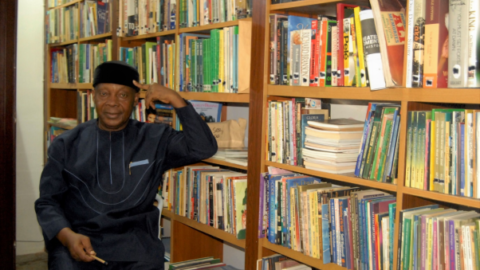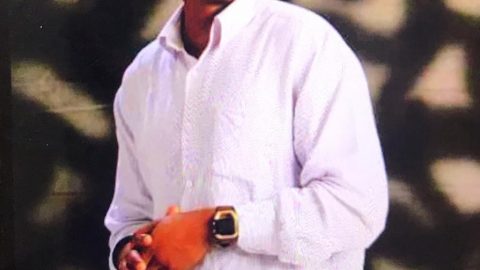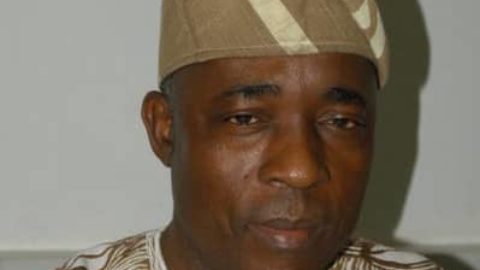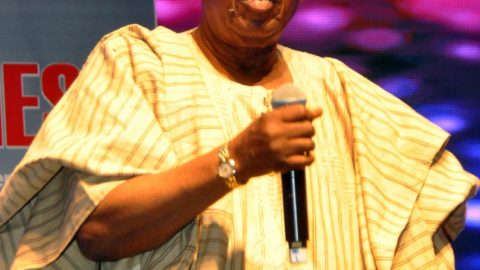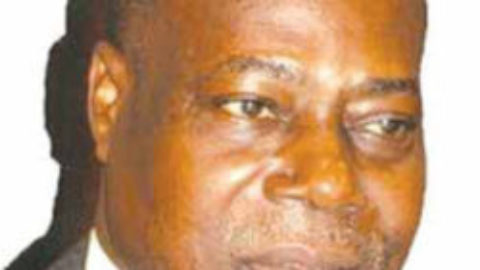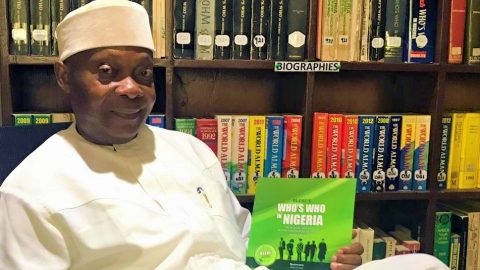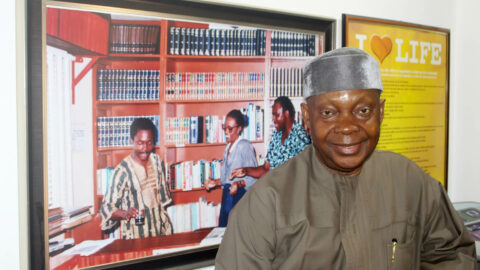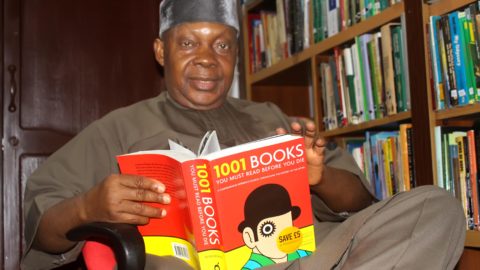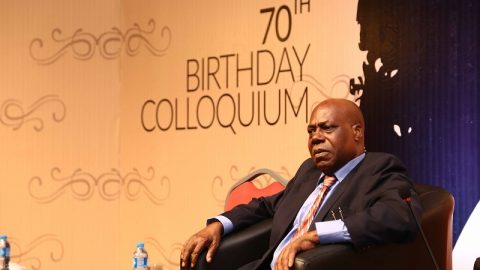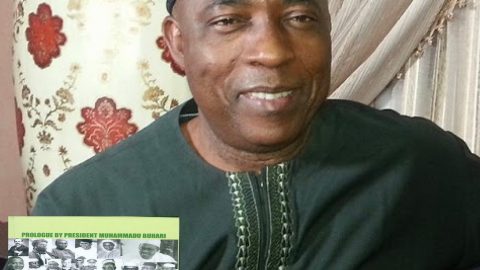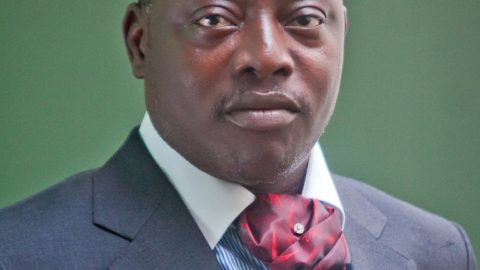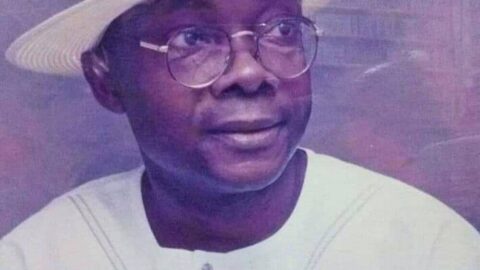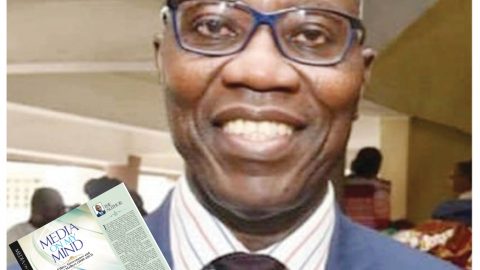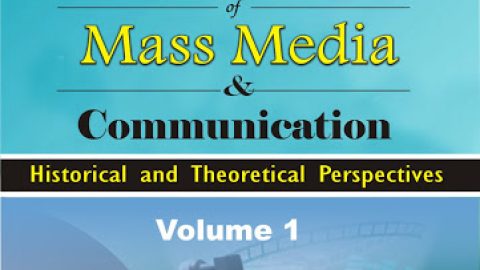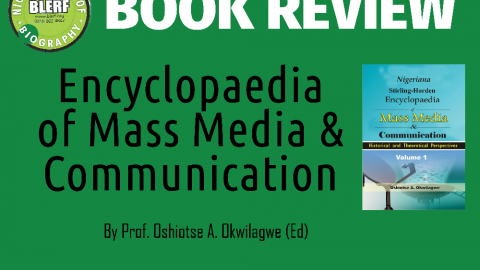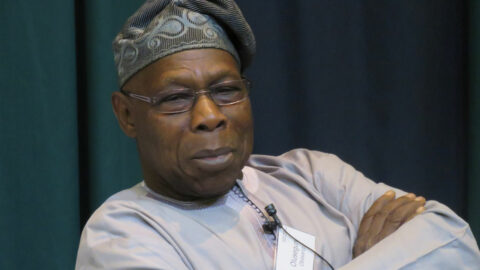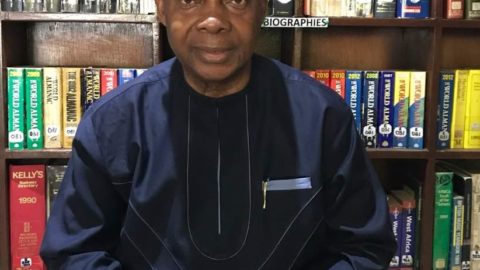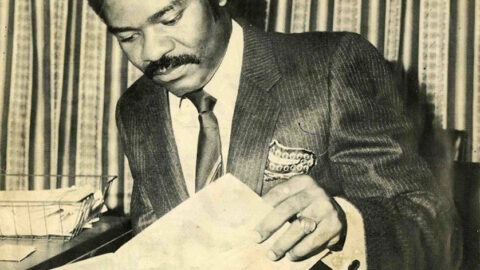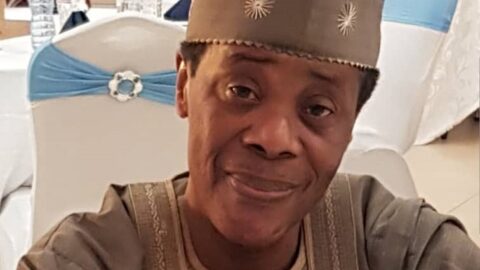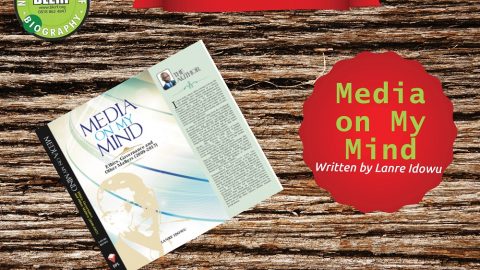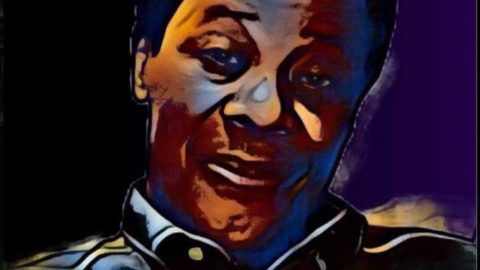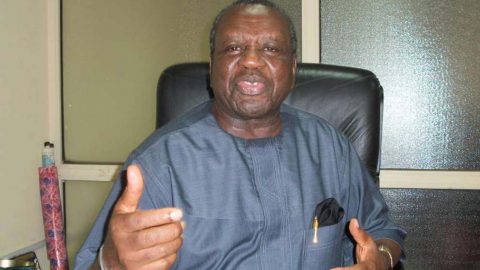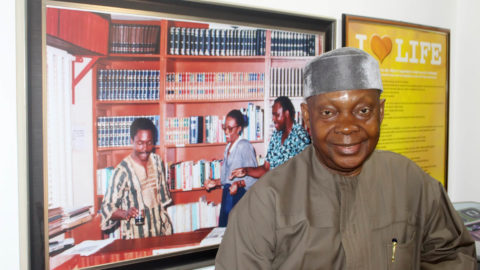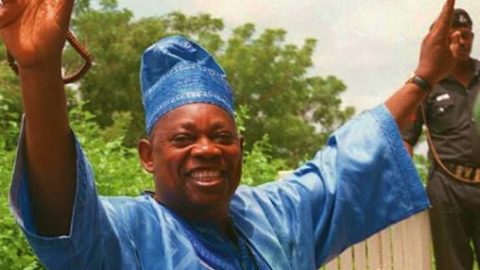A Review of Ngozi Okonjo-Iweala’s book by Sam Akpe
Fighting Corruption Is Dangerous: The Story Behind the Headlines practically confirms what we had always known; that corruption is not merely a word; or an ordinary expression. It is a noun; and a verb.
It lives among us. Corruption is wickedly skilful and dangerously smart. Corruption is ambitious, daring and determined.
Corruption is that generous politician who sprays money at in- house champaign parties. Corruption is that wealthy neighbour with a well-guarded mansion, noiseless power-generating sets, flashy cars and private jets. Corruption is that religiously-inclined fellow with a blood-stained conscience.
Corruption has high-level connections in the political, business and even diplomatic circles. Corruption has huge influence.
Corruption manipulates. Corruption bites deep when opposed. Corruption kidnaps; maims; and kills by proxy. Corruption is indeed wickedly smart.
This book is not a biographical account of a heroic act. Neither is it a history book of great, unprecedented exploits.
It is not even an exceptionally or excellently crafted literary work. But it is a story that needed to be told; and no other person could have told it with such boldness.
It is the story of a determined woman propelled by patriotic ideals; the story of an uncommon, idealistic anti-corruption crusader deep within the corridors of power.
The 173-page book by Nigeria’s two-times Finance Minister, Dr Ngozi Okonjo-Iweala, is the story of a courageous public servant never told before.
It is a story of remarkable anti-corruption efforts that generated marginal but unforgettable impacts; an effort on the path of danger.
It is an account of a confrontation with a crippling status quo — a foul practice promoted and sustained by a powerful minority.
The book tells the story of corruption fought at the risk of death. It describes in imperfect but risky details, the depth of corrupt practices in Nigeria at all levels and in every sector.
The author, in the words of the former Prime Minister of Britain, Gordon Brown, is “fearless, principled, compassionate…” while the book “tells us what politics and public service should be about.”
The book narrates in bold attempts not just how Okonjo-Iweala served her country whenever she was called upon to do so, but how she did what others in her position were afraid to do: confronting corruption and exposing it. And while she has lived to tell the tale, it is not without deep scars and deadly threats.
Each chapter of the book lures you to another with expectations. Every aspect of the narrative is without the excessive literary embellishment usually exhibited by professional story writers.
That’s because Okonjo-Iweala is not an expert in that area. Her expressions come with the unpretentious innocence of simple truth rendered in facts and figures — the same truth that put her in trouble several times with those she spoke against.
Yes, the book is about corruption; which in ordinary thinking, is about employing different foul means to transfer public wealth for private use. But Okonjo-Iweala also writes about political corruption as “influence peddling on resource allocations and projects that benefits the decision makers, friends and acquaintances; directing resources to special projects; and abuse of privileged information.” That’s deep!
The book moves from direct financial corruption to reveal what the author calls administrative corruption which is an engagement in “misappropriation and misuse of public funds, fraud, waste and abuse.”
There is also the intellectual corruption usually found when those with access to the media use their influence to condemn merit and enthrone ethnic politicking in public appointment under the guise of federal character.
The central theme of this book goes beyond exposing entrenched corrupt practices within government circles in Nigeria to narrating how every genuine anti-corruption crusader is exposed to “physical and reputational threats and the bullying and harassment from the corrupt and politically motivated.”
It is the real story of how corruption can practically fight back employing every deadly approach.
The notion that the book is not an exceptional narrative implies that it is not a long, garrulous or breathtaking rendition of personal exploits spiced with make-beliefs; neither is it an exhaustive account of all the corruption cases in Jonathan’s administration.
In the words of the author, the book “focuses on the key flash points where I felt discomfort or was at risk physically and reputationally for the work being done.”
It is about team work against corruption, spearheaded by the author.
The book opens with one of such risks when on December 9, 2012 the author’s mother was kidnapped in Delta State.
The kidnappers, about 24 hours later, as a condition for the release of the 83 years old hostage, demanded the minister’s resignation through a public announcement on television.
Events later revealed that those behind the ordeal were the oil marketers whose multi-billion dollar fraudulent activities Okonjo-Iweala had uncovered and halted. She refused to resign. Ten million naira ransom was paid for the release of her mother.
That was however, not the end. In early 2013, an informant, who was also a part of the corrupt gang and direct beneficiary of corrupt practices, blew the whistle over a secret plan by the grumbling oil marketers to physically afflict Okonjo-Iweala with maximum physical injury that would condemn her to a wheel chair.
The war against anti-corruption crusade started with opposition to the appointment of Okonjo-Iweala as Finance Minister by President Goodluck Jonathan in 2011. Having served in the previous administration in the same capacity, there was fear within the corruption community that her second coming will witness principled implementation of certain anti-corruption policies that would disable corrupt practices.
The book cites, with evidence, how a section of the media got manipulated into opposing the anti-corruption war; based on personal friendship; ignorant of the maximum impact of its actions.
Some commentators, even those in government, became unpatriotically personal in their attacks.
Chapter three of the book exposes unthinkable corrupt practices that extended to both the executive and legislative arms of government.
Names are mentioned. In each of these cases, every attempt by the minister and her dedicated team, with the invaluable consent of President Jonathan, to handle the situation always fired back, even from within. Corruption scandal at the Nigerian National Petroleum Corporation (NNPC) was dizzying.
In most of its transactions, rules were ignored and accountability trampled upon. Billions of dollars simply disappeared as a routine.
Since the high and the mighty feed fat on oil proceeds, “this makes the sector a minefield for anyone seeking transparency, accountability for revenue flows, or simply the honest and straightforward conduct of government business,” and “trying to bring transparency and accountability to this sector was probably one of the most stressful and dangerous tasks of my job as Finance Minister.”
One revealing aspect of the eight-chapter book which chronicles the duty-imposed and single-minded efforts of Okonjo-Iweala in the war against corruption is that even within government circles, most people, especially state governors who personally or collectively hated President Jonathan, saw her as a threat.
They opposed, attacked and scandalised her with little or no restraint. These were the people who mounted media war and went below the periphery of decency to blackmail her.
An unnamed highly-placed and influential aide to the President blocked her entry to the Villa almost half a dozen times. During one of those times, she was with the Managing Director of the International Monetary Fund, Madame Christine Lagarde, to see President Jonathan on appointment.
The top-ranking presidential aide had asked her to mellow down on the reform of the Nigerian Port Authority approved by President Jonathan because his interest was directly affected. She refused. The aide took offence and decided to bite.
Several instances are cited in the book to show the connivance of certain international companies and individuals with Nigerian businessmen and public servants to dupe Nigeria of billions of dollars.
These were people with direct access to President Jonathan who predictably would always seek the counsel of the Finance Minister. Add this to ghost workers and ghost pensioners’ syndromes perpetrated by top civil servants, and you will understand why embezzlers masquerading as reformers end up hurting the government instead of serving it.
Besides analysing cases of corruption and attempts at dealing with them, the book reveals the strengths and a major weakness of Jonathan as President. In every effort to fight corruption, Jonathan was uncompromising.
Whenever his approval was needed to initiate reforms and stop corrupt practices, the president demonstrated unprecedented resolve in dealing with the situation.
However, he was sometimes stampeded into hasty wrong decision-making by trusted aides with hidden, vested interest in corrupt practices.
In reading this book, one comes away with the conclusion that though this is a one-sided narrative by Okonjo-Iweala, it is nevertheless a true reflection of how our system works.
The story is told with deep passion in spite of all the risks involved.
About the reviewer
Sam Akpe, a good friend of BLERF and a prominent and well-informed journalist, has worked with the influential Punch newspaper (1998-2007) where he covered and wrote a weekly column on the Senate from 2002 to 2006. He later joined the Daily Independent as deputy editor (2007-2014).
Akpe maintains a column with the Niche, an online newspaper, and does weekly political interviews for The Point.
In 2014, he served as Rapporteur (later, Special Assistant, Media and Communications) at the National Conference. He has also been involved in media specialisation with impressive experience in corporate communication practice.
A husband and a father, Akpe loves books and has contributed chapters in published works. Alongside other professional training, he holds a post-graduate degree in mass communication.


